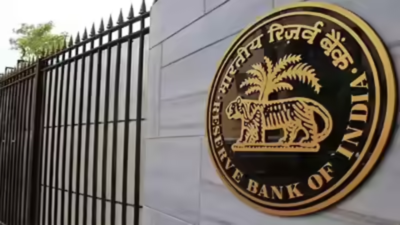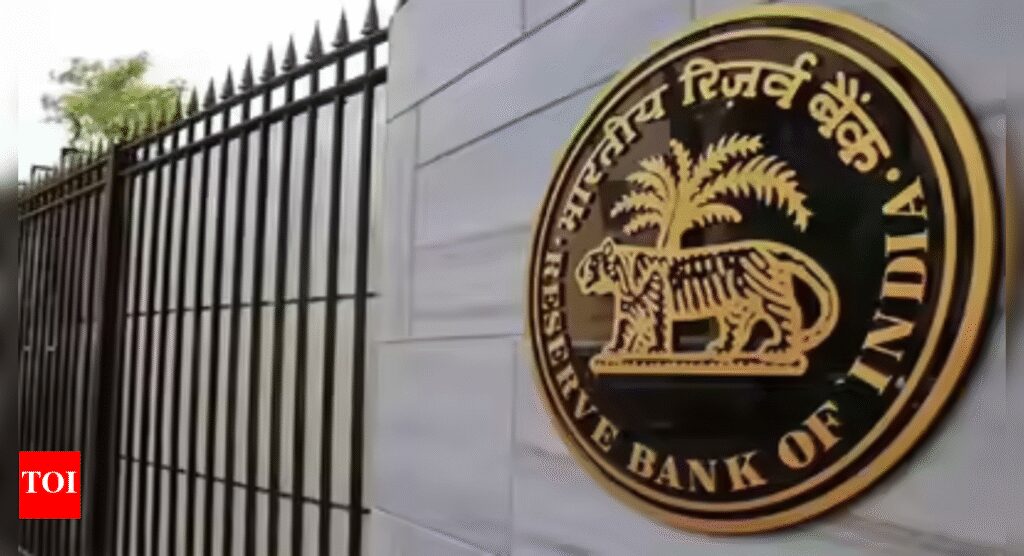
The Reserve Bank of India has capped investment by any single regulated entity—such as banks, NBFCs, or All-India Financial Institutions—at 10% of the corpus of any Alternative Investment Fund (AIF) scheme. The move is part of the central bank’s updated Investment in AIF Directions, 2025, issued Tuesday.Additionally, total contributions by all regulated entities (REs) in a single AIF scheme must not exceed 20% of the scheme’s corpus, according to the RBI circular, PTI reported.“No RE shall individually contribute more than 10 per cent of the corpus of an AIF Scheme,” the circular said, while noting that collective exposure across entities is capped at 20%.The directions revise earlier circulars issued in December 2023 and March 2024. These changes, the RBI said, were made after reviewing feedback from stakeholders and incorporating recent SEBI regulations on investor due diligence and AIF investments.Further tightening risk controls, the RBI mandated 100% provisioning in specific cases: “If a RE contributes more than five per cent of the corpus of an AIF Scheme, which also has downstream investment in a debtor company of the RE, then the RE shall be required to make 100 per cent provision to the extent of its proportionate investment in the debtor company through the AIF Scheme,” it said.However, this provisioning is capped at the RE’s direct loan or investment exposure to the debtor company.The RBI also stated that, in consultation with the Centre, it may grant exemptions to certain AIFs from the scope of both the previous and revised circulars.










